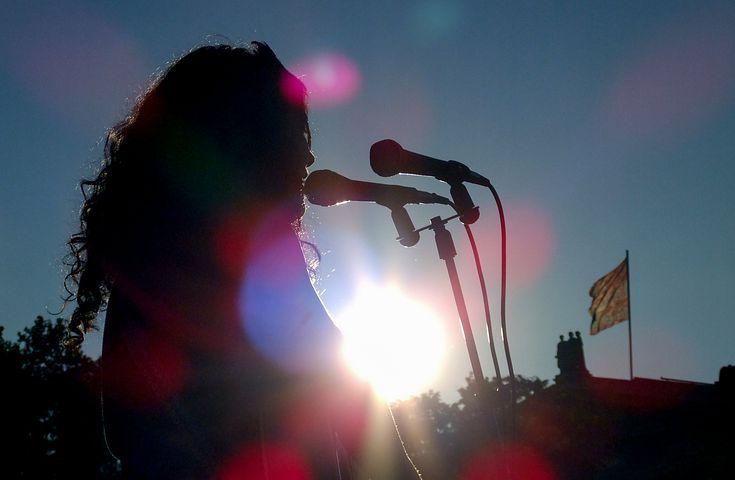Reading. It’s an activity most of us engage in every day.
I remember being in a car when I was seven as my mom was driving us somewhere. “Mom, reading is really tiring,” I told her.
She looked at me quizzically.
“Now that I can read, I have to read all of the signs. And there are so many.”
Mom just smiled.
As I’ve said before, I have a short attention span and I like to be efficient. That means I finish tasks quickly so that I can move on to the next challenge. A few of my speed-thinking habits are:
- Skip it. This is my best one, and it’s extremely effective. I typically read the L.A. Times from beginning to end every day, but I skip the stories that don’t interest me. The best way to save time on a task is not to do it at all.
- Delegate. For tasks you want to avoid, find someone else who likes doing it, or whom you can pay to do it, or with whom you can exchange services. I’ll bet you can find a way to avoid doing many of the tasks you don’t like. Unless you still live at home with your parents.
- Stop worrying. I used to go to sleep every night worrying about tomorrow’s problems. I finally realized that if I can’t do anything to solve the problem in the moment, there is no reason for me to think about it further.
- Stick it in you Sub. Your subconscious, that is. This is a technique I described in People Tools. I ask my subconscious to figure it out. It might take my subconscious a little time to come through with a solution, but it is usually very effective.
As far as we know, we each have only one trip through this Disneyland of life. Let’s enjoy as many rides as we can. And no, you don’t have to read all the signs!
Enough said.
Alan



